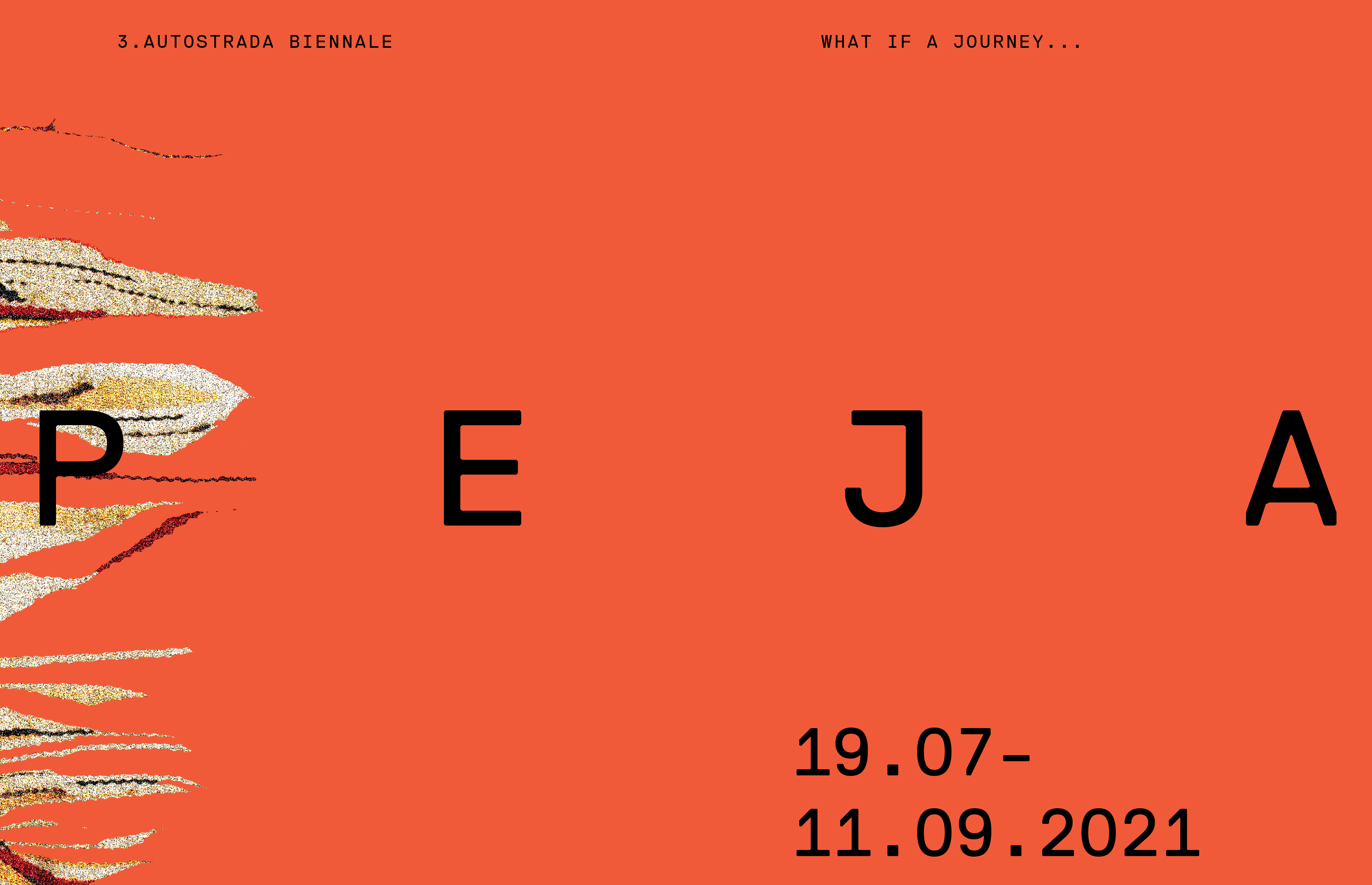
EXIT was an independent art space that opened in Peja in the summer of 1999 after NATO’s arrival in Kosovo. It was founded by Sokol Beqiri and Erzen Shkololli, two artists who were responding to the lack of infrastructure platforms for artists, curators and cultural managers in Kosovo. EXIT provided an alternative artistic model in a post-conflict situation with innovative exhibitions, international collaborations, public programs and seminars with diverse communities around ideas such as post-conflict identity, local and European.
The EXIT Gallery was a very important space for the Kosovar art scene and a platform for many international and local collaborations, hosting artists and curators such as Edi Muka; Edi Hila; Danica Dakiq; Kurt & Plasto; Blue nose group; Margarethe Makovec and Anton Lederer; Dan Perjovschi; Sanja Ivekovi;; Ayşe Erkmen; Róza El-Hassan; Christoph Keller; Vlatka Horvat; David Maljkovic; What, How and for whom (WHW); Anri Sala; Zdena Koleckova; Michaela Thelenová; and many others.
Today Sokol Beqiri claims that he is more interested in life than art. EXIT continues as a local, and remains a hotspot in Peja for various communities. During the duration of the Autostrada Biennale, the country reconnects with its art-institutional days. He again hosts an exhibition that highlights the narratives of kinship and friendship and presents an imaginary meeting of two deceased friends: Sokol Beqiri’s father, Agush Beqiri, who was an architect, artist and designer; and his close friend from Istanbul, the artist Hüseyin Bahri Alpteki. sketches The work of Alptekin ELITA, which. is inspired by the grass of Aki Kaurismaki in Helsinki.
Alptekin was a crucial figure in the contemporary art scene in Turkey and in his nomadic life traveled the world, spending considerable time in Kosovo. His visual work was selected from the life of Alptekin and artistic partner Camila Rocha for the occasion. (Rocha himself conducted a commission for the Highway Biennale in Prizren.)
For the curators, these kinship relations are a salute to past actions of building artistic infrastructure for Kosovo and the various artistic communities they brought together – because in a period of distance and pandemic isolation, our relationship requires a resurgence and retelling.
